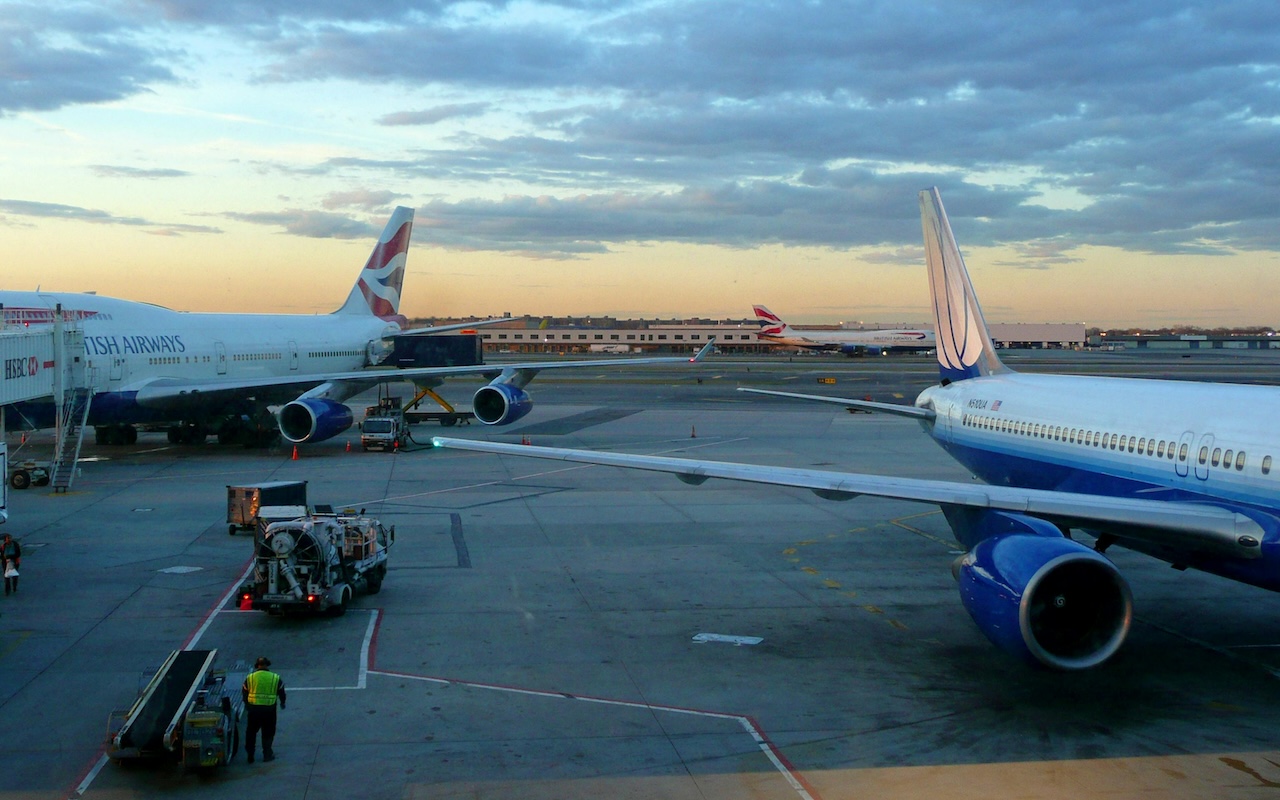Over half of the flights departing from London City Airport last year could have been substituted with train journeys of six hours or less, according to recent findings. Amid the Labour government’s contemplation over the airport’s plea to elevate its passenger numbers from 6.5 million to a staggering 9 million annually by introducing additional flights in the early mornings and weekends, these revelations come to light. The New Economics Foundation (NEF) and the environmental charity Possible conducted this insightful analysis, spotlighting that a significant portion of the destinations accessible via the airport, which predominantly lie within mainland Europe, are also easily reachable by rail.
The study highlights that nearly 44% of these destinations are within a five-hour train journey, over 54% can be reached in under six hours, and around 66% are accessible in less than eight hours. Notably, the airport’s busiest routes, Amsterdam and Edinburgh, which respectively accounted for 15% and 10% of the flights in 2023, can be comfortably travelled to by train in approximately four hours and four hours and twenty minutes.
The debate around airport expansion is not confined to London City, with Gatwick, Heathrow, Luton, and Stansted all lobbying for increased passenger capacity through various means. Despite this, Labour has so far maintained a somewhat lenient stance, particularly towards the proposed new runway at Heathrow, signalling an open-mindedness to expansion.
However, NEF and Possible stress that expanding London City Airport could exacerbate its environmental and social repercussions, predominantly serving the frequent flyers, who are typically more affluent. Their analysis suggests that around 43% of the seats were filled by passengers flying six or more return trips per year, indicating a median household income for leisure passengers at the airport roughly 34% above the UK average for air travellers.
The Climate Change Committee has firmly stated that to achieve the UK’s ambitious net zero emissions target by 2050, there should be no net expansion of airports across the country. Owned by the Kuwait Investment Authority and several Canadian pension funds, London City Airport’s proposed development has come under scrutiny.
Dr. Alex Chapman from the NEF critiqued the government’s eagerness to simplify planning processes at the expense of environmental and community welfare, highlighting that the proposed expansion at London City Airport fails to meet climate objectives, offering minimal economic benefits while potentially impacting the lives of those residing nearby adversely.
In defence, a spokesperson for London City Airport underscored that their planning application does not envisage an increase in the annual flight cap nor requires new infrastructure. They emphasized the introduction of newer, quieter aircraft for any extended operational periods, asserting the proposal’s potential to generate over 2,000 jobs, inject £700m into London’s economy, and enhance passenger connectivity.
News Team





